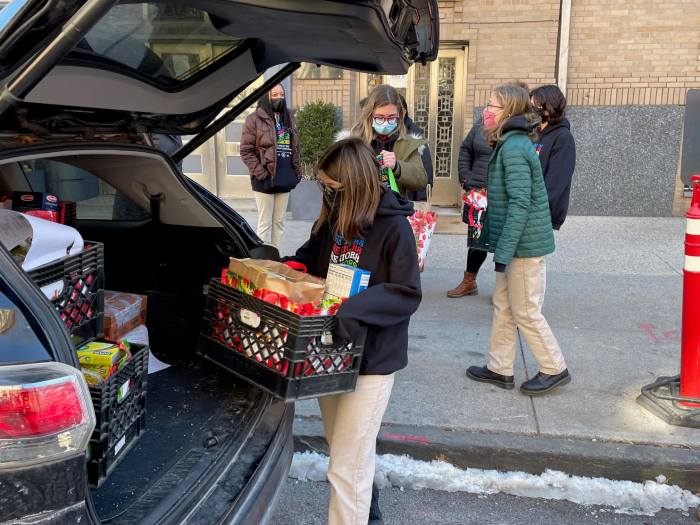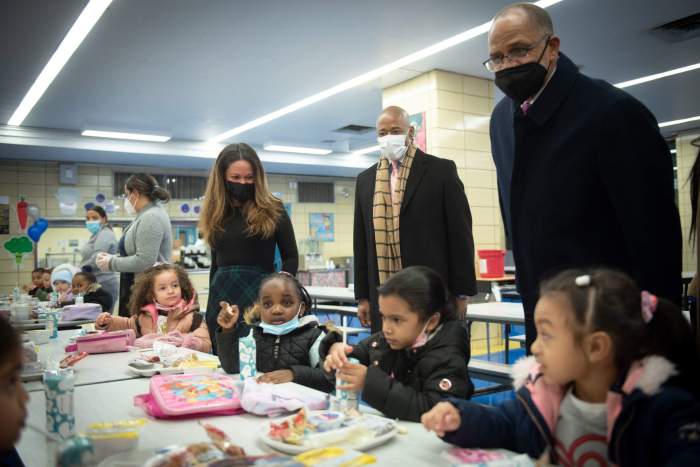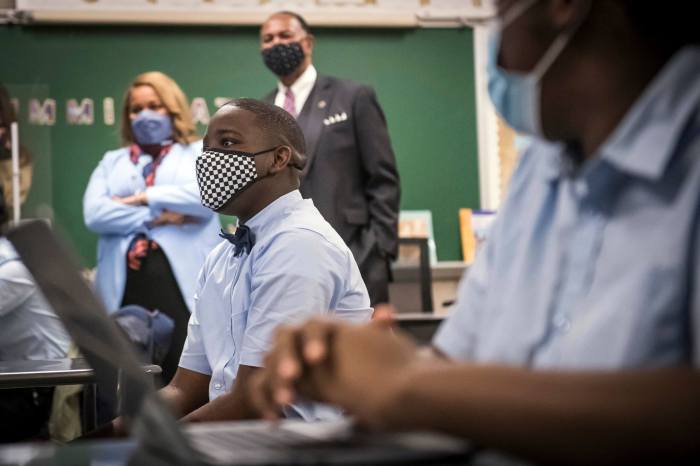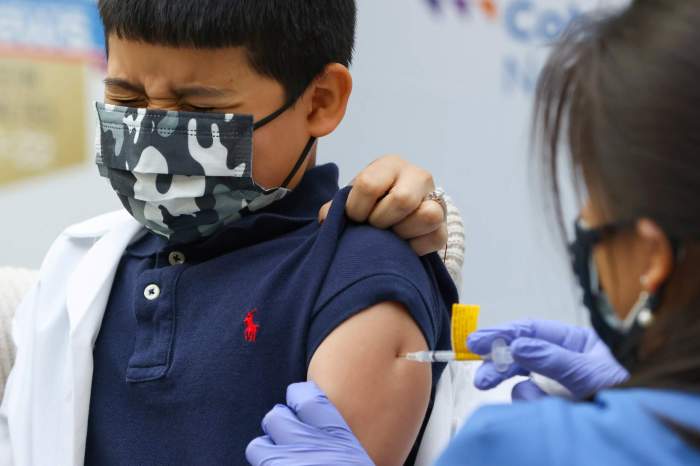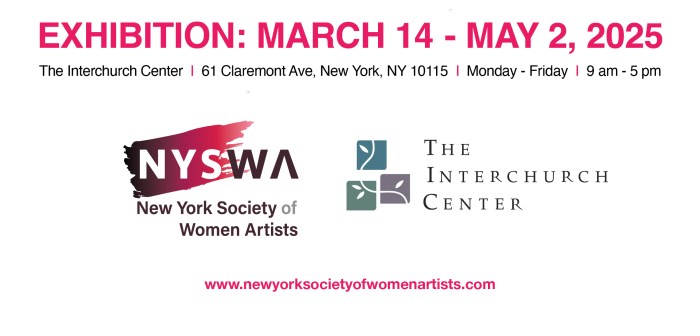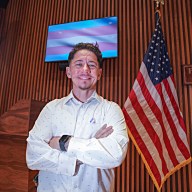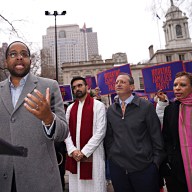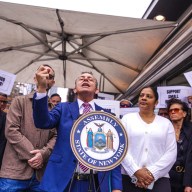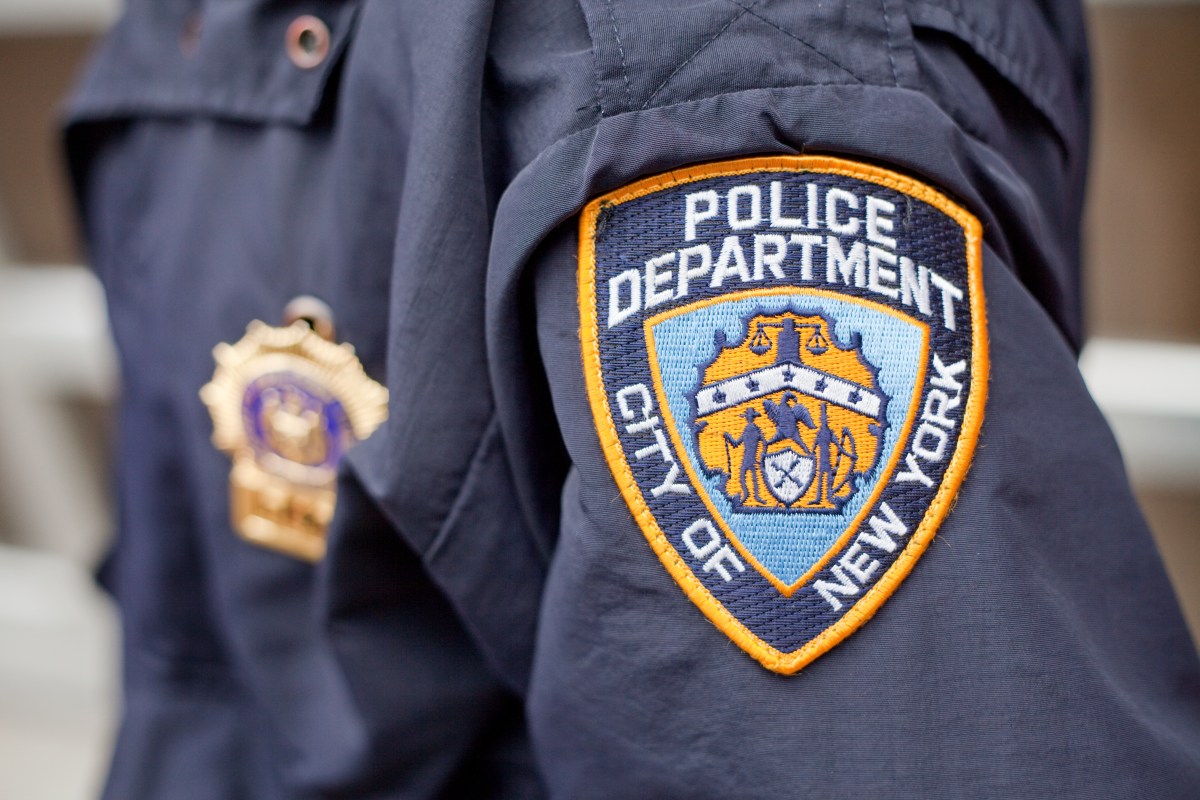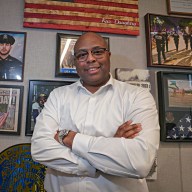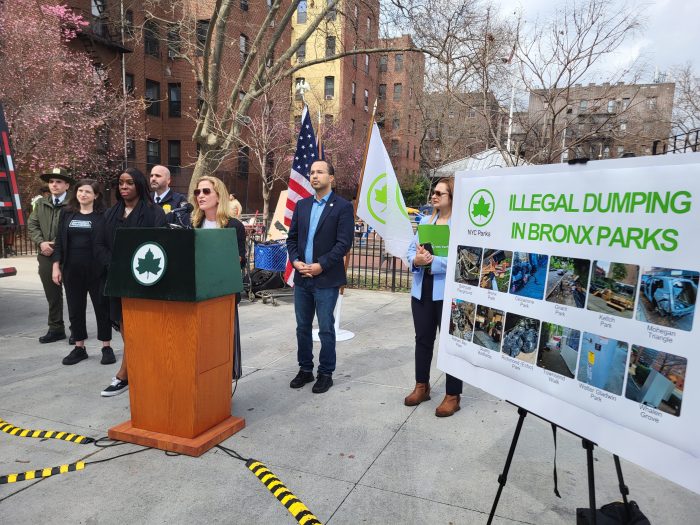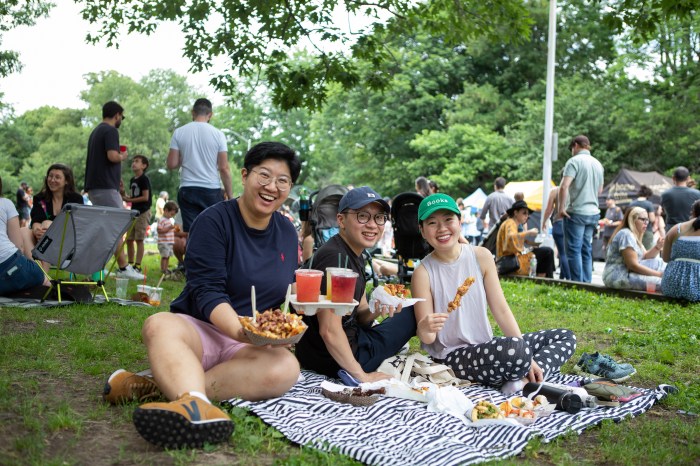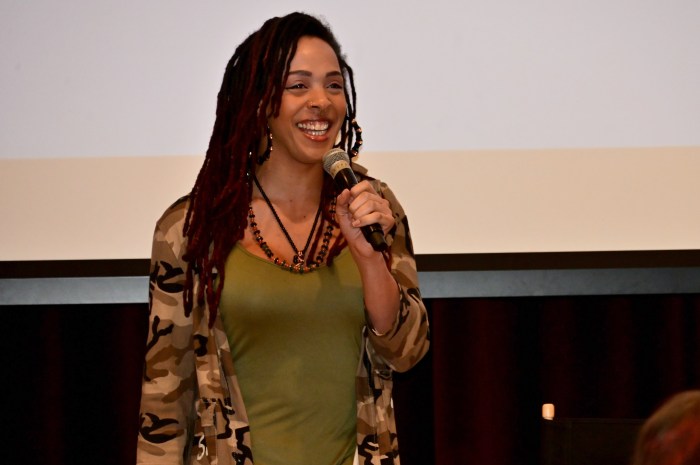SUNY student government leaders and members of the SUNY Student Assembly (SUNYSA) participated in an online public hearing to demand transparency and more student involvement in the selection of the new SUNY chancellor.
The April 19 hearing saw participants address the SUNY Board of Trustees as they made their demands for student representation in the national Chancellor Search Committee known. The meeting was an opportunity for SUNY students across the system to air their grievances and continue to advocate for representation as major stakeholders within the SUNY system.
“Where is the inclusion of students and elected students with the Chancellor Search Committee?” said Jordan Hennix, President of the SUNY New Paltz Student Association. “While the board has held meetings which I have attended in the past, unfortunately, one conversation with student leaders is not inclusion. If there is no SUNY without students, why aren’t students given greater opportunities, greater participation and greater roles in the selection process of the single most important position at SUNY?”
The hearing comes after many SUNY student leaders penned an open letter to Congressman Hakeem Jeffries, urging the elected official to take their desire for representation seriously – either by advocating for their needs, or by resigning from his position on the Board.
This letter, as well as the testimonies provided at Tuesday’s hearing, demonstrated how serious SUNY students are about the lack of representation they believe they are experiencing.
“Within the sphere of public entities, there is always a responsibility to hear input from stakeholders,” said Elizabeth Maxwell, a graduate student at SUNY Empire State College, who emphasized how important it was to listen to individuals like her, who have had an ‘unconventional’ college experience like many SUNY students. “I feel that it is imperative that the majority of stakeholders – the students – continue to be an essential source of input to the Board of Trustees and on matters like the Chancellor Search Committee. I feel that it is important for students in non-traditional learning environments to have a seat at the table.”
Other students who testified said that SUNY had told students in the past that they would be included in integral conversations concerning their educational experiences, but have not seen results.
“SUNY needs more bite to its bark,” said student Olu Ogunlade during the hearing. “I think there’s a lot of bark, I think SUNY is huge and says what it needs to say, but I think there needs to be a follow up to it.”
SUNY has disputed the accusation from students saying the institution is intentionally under-representing students from major decisions, with a representative telling amNew York on April 13 that students had actually been more involved with the process than insinuated.
“The search committee includes key stakeholders from across the SUNY community and – for the first time in the history of past searches – they are advised by inclusive and robust workgroups, one of which is exclusively made up of students and alumni representing the holistic SUNY system,” SUNY Press Secretary Holly Liapis said to amNew York. “This approach has added more student voices and access to this undertaking than ever before.”




